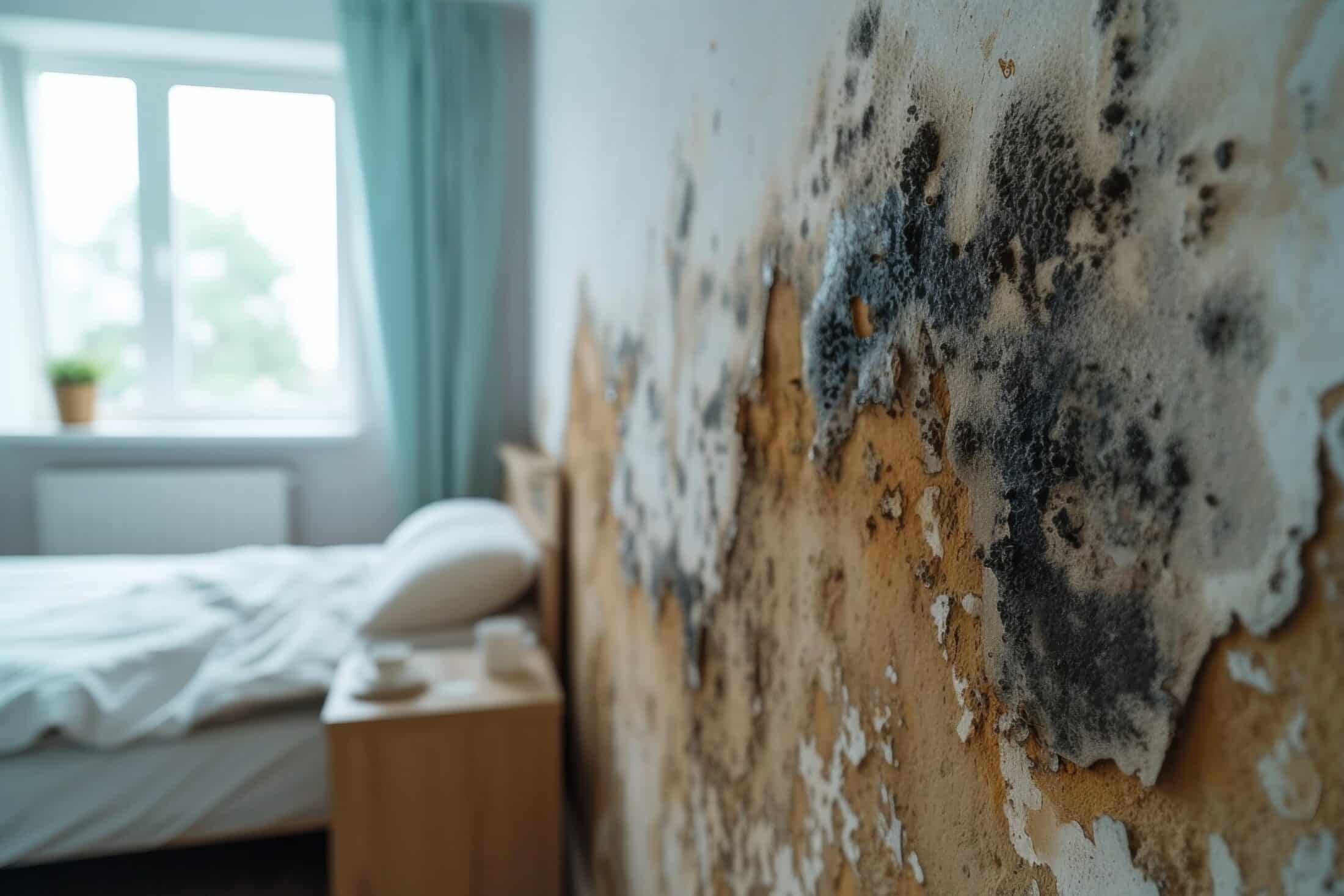
For homeowners residing in Las Vegas, black mold is one of those issues that never stays small for long. What starts as a patch behind

The arid climate of Las Vegas and sudden, occasional cold snaps and seasonal storms can bring along significant challenges for homeowners. When temperatures plunge below

Managing homes in Las Vegas and handling moisture during and after the monsoon season come with several operational challenges. Largely known for its desert climate,